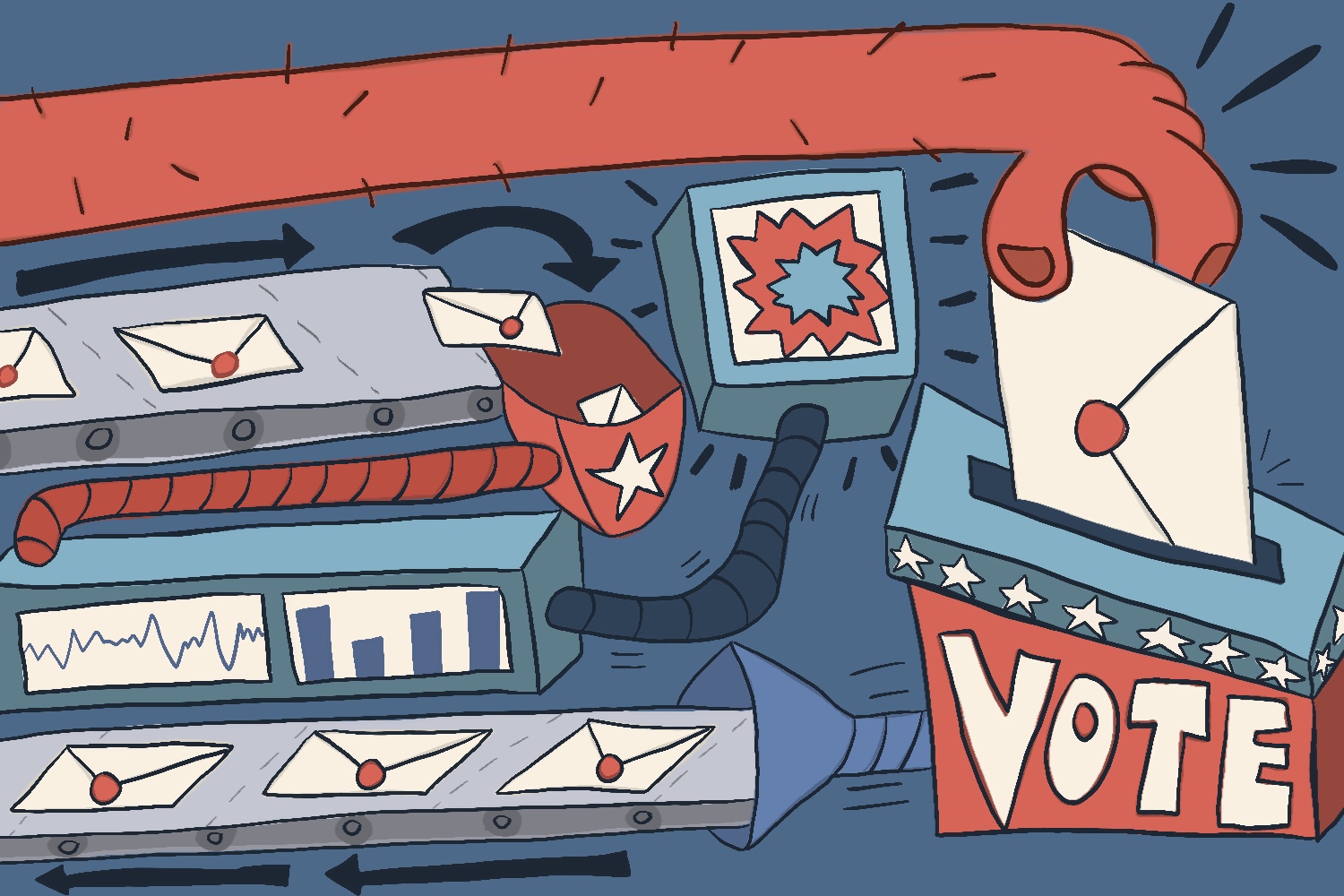Compared to facing down the harpoons of a whaling ship, navigating Burlington’s political landscape is a less harrowing but equally challenging mission for Greenpeace.Since their arrival, the organization’s number one priority in Vermont has been closing the Vermont Yankee nuclear power plant. “Its one of the oldest and most dangerous nuclear plants in the country,” Burlington Greenpeace representative Jared Cobb said. In order for the plant to close, Cobb said, its license renewal must be voted down in 2010. “There are a lot of options in the renewable sector — companies in Vermont that specialize in wind, solar, biomass and small hydropowerplants,” Cobb said. “It’s not really a question of what will replace it anymore. It’s whether or not our representatives will listen to the people rather than the huge company that owns the plant.”Cobb said that Greenpeace is not alone in the fight to close the power plant. “There are a lot of local groups that have been working on the Vermont Yankee issue for a long time,” he said. ? One of those groups, Vermont Public Interest Research Group (VPIRG), has beensupporting local activism since it was founded in 1972. “We started out on the campus at UVM. So it was initially a student-run organization,” Executive Director of VPIRG Paul Burns said. “The idea is that we are trying to protect and promote the health of Vermont’s people, our environment and our local economy.” VPIRG has championed the legislative expiration of Vermont Yankee. “It looks as if the vote were to be taken today it would be very close and you need a majority — a simple majority — to win this one way or another,” Burns said. Opponents of closing Vermont Yankee question whether Vermont can easily find energy sources to fill the power void. “The only people that would make that argument are those who haven’t looked into the availability of alternatives,” Burns said. Burns explained that VPIRG has extensively researched the energy requirements to repower Vermont after Vermont Yankee closes. He remains focused on taking the issue one step at a time. Stephanie Kaza, co-chair of the UVM Environmental Council and UVM professor, emphasized that although alternative energy may be better than the risks of Vermont Yankee, there is no such thing as a “no impact” energy source. “We try to get people to look at the pros and cons of all energy sources,” Kaza said.Students in the Environmental studies program are encouraged to learn as much about environmental issues as they can in order to form informed positions. “There’s no easy, free-energy future,” Kaza said. “We have to make compromises and find out what we can live with the best.” ? As for Greenpeace, whether or not it will take up any of its world famous protest tactics remains to be seen. “It’s a different fight from other ones because a lot of it’s about talking to voters and people in communities and convincing representative to vote the right way,” Cobbs said. However, some more active future messages from Greenpeace can’t be ruled out just yet. “We’re still looking at our options and we’ll consider more creative tactics as the campaign goes on,” Cobb said. The 2010 vote will decide the fate of Vermont Yankee, but it’s just the start of what Greepeace is doing. “There are a lot of other nuclear reactors around the country that are in similar states as Vermont Yankee,” Cobb said. “We want to set a precedent with this one.”












